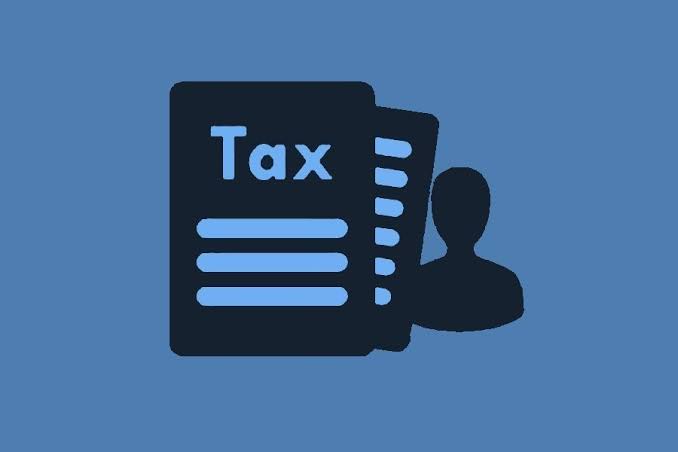
Published :
Updated :

Despite years of discussion and enthusiasm surrounding digitisation in the country, it is quite baffling why crucial sectors that would benefit the most from automation have yet to see substantial progress. A prime example is the National Board of Revenue (NBR), which has repeatedly been urged to accelerate digitisation of its tax operations. However, tangible advancements remain elusive. While efforts have been made in recent years to encourage online submission of income tax returns, meaningful changes in efficiency and transparency are still lacking. Experts argue that digital automation would revolutionise tax administration by way of enhancement of transparency and elimination of the ambiguities often associated with tax provisions. It would also curb the inefficiencies and dodgy practices linked to manual handling of tax matters. This viewpoint was reinforced by the Finance Adviser of the interim government, who recently emphasised the necessity of digitising the tax system to combat corruption in revenue collection. Speaking at a pre-budget discussion with members of the Economic Reporters Forum (ERF), he highlighted the government's commitment to tax system automation.
Given the importance of automation in a public service agency like the NBR, the authorities must treat this issue with the urgency and professionalism it deserves. Reports indicate that an NBR automation project, which has been under consideration for some time in collaboration with development partners, has encountered obstacles related to the implementation methodology. While the NBR favours a centralised automation approach, development partners advocate for separate implementation segments for Customs, Income Tax, and VAT. From a strategic standpoint, a centrally designed system appears more logical, as it would facilitate seamless information sharing among NBR's various wings and provide better service to taxpayers nationwide. The much-publicised goal of establishing a single-window service can only be achieved through an integrated automation programme. While the task may be challenging, similar initiatives have been successfully implemented in other developing countries.
The benefits of automating the NBR extend beyond businesses to ordinary citizens as well. With the government increasingly reliant on income tax revenue and a growing number of taxpayers entering the system, an automated tax framework would greatly ease the process for citizens. A digital tax system would not only enable online submission of tax returns but also facilitate e-payment of taxes with immediate acknowledgement receipts, reducing bureaucratic delays and enhancing user experience.
Given the stakes involved, disagreements over methodology should not hinder the progress of this critical initiative. The government has reportedly engaged in extensive discussions with international donors, including the World Bank, to resolve these differences. What is needed now is a comprehensive and well-structured automation project that addresses the needs of both tax officials and taxpayers. The implementation of such a system is long overdue, and further delays will only exacerbate existing inefficiencies. The sooner the digitisation of the NBR is realised, the better for the economy and the citizens at large.


 For all latest news, follow The Financial Express Google News channel.
For all latest news, follow The Financial Express Google News channel.